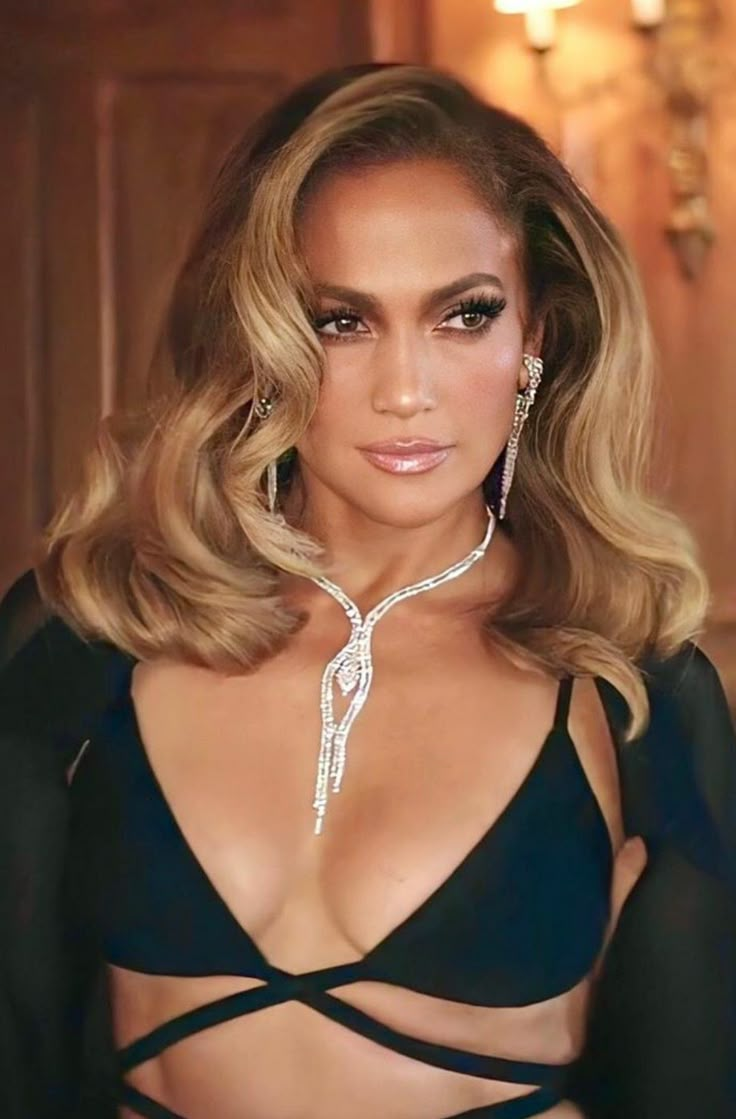Video of Jennifer Lopez Responding to the Question of Whether She Was “Afraid” of the Rapper Resurfaces, Drawing Her Into Sean “Diddy” Combs’ Horrible Trial


She once insisted she wasn’t afraid of Sean ‘Diddy’ Combs.
But a resurfaced interview with Jennifer Lopez has dragged her claim and name into the rapper’s shocking trial.
Speaking to Diane Sawyer in 2002, the now 55-year-old singer and actor reflected on her time with the music mogul by saying, “It just wasn’t a good relationship for me. I had to learn to care about myself a little bit more and put up certain boundaries.”

Lopez, who dated Combs, 55, from 1999 to 2001, has found herself the latest A-lister to be pulled into his trial orbit as he faces multiple lawsuits alleging sexual assault, violence, and coercion.
While Lopez is not involved in the legal proceedings, a resurfaced Primetime interview from over two decades ago has gone viral in the wake of mounting claims against Combs, including disturbing footage and admissions in recent court filings.

In the 2002 interview, Sawyer, 79, then asked the singer if her younger self was afraid, to which J-Lo responded, “Um, no, I don’t think she was afraid; I just think that I, at that time, uh, cared very deeply for Sean, and you know we just… didn’t have the same kind of ideals about life and family and stuff like that.
Lopez continued, “I had to learn to care about myself a little bit more and put up certain boundaries of what I would accept and wouldn’t accept because he was just being himself.

“He wasn’t doing anything wrong, and he felt like he loved me very much, and I know he did, and I felt the same way.
“So if I was unhappy in some way, then I was the one who had to do something. Not him. He was doing everything he wanted to do.”

A former industry executive familiar with the couple’s dynamic when they were seeing each other said, “It was always clear that Jennifer was walking a tightrope.
“She was emerging as a global superstar, and Sean was already established and very controlling. That kind of relationship can shape a person’s public voice, especially back then.”